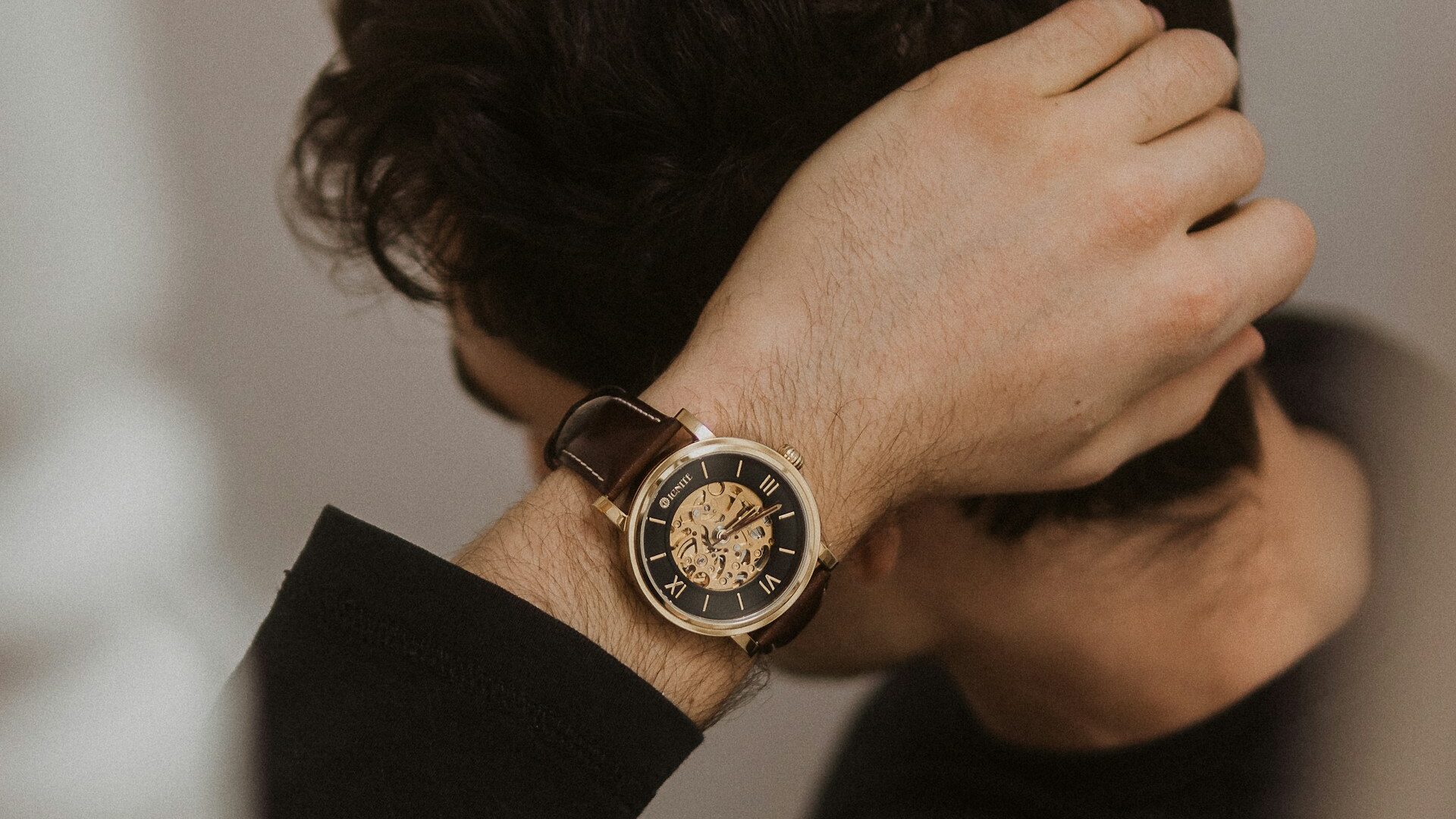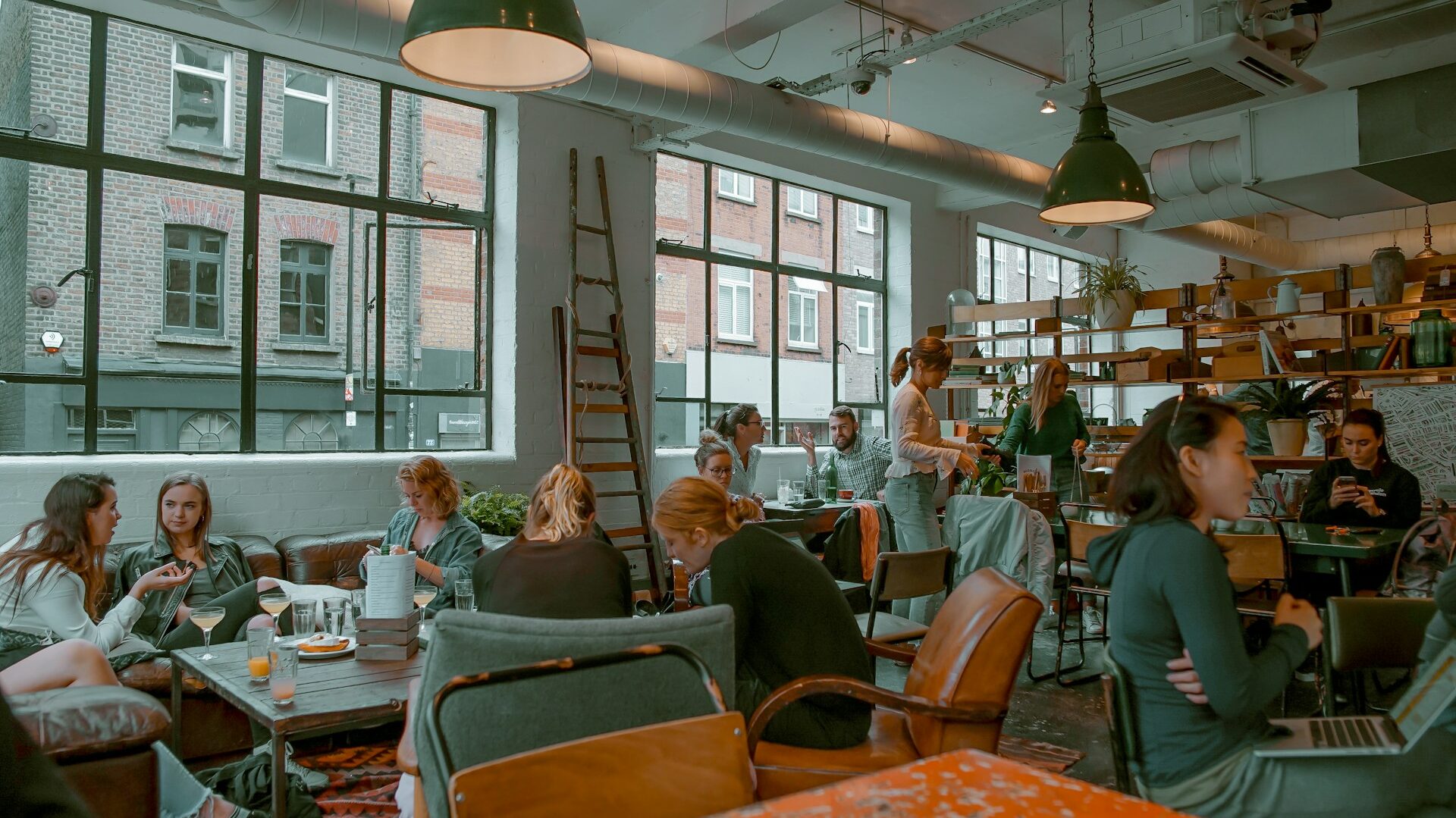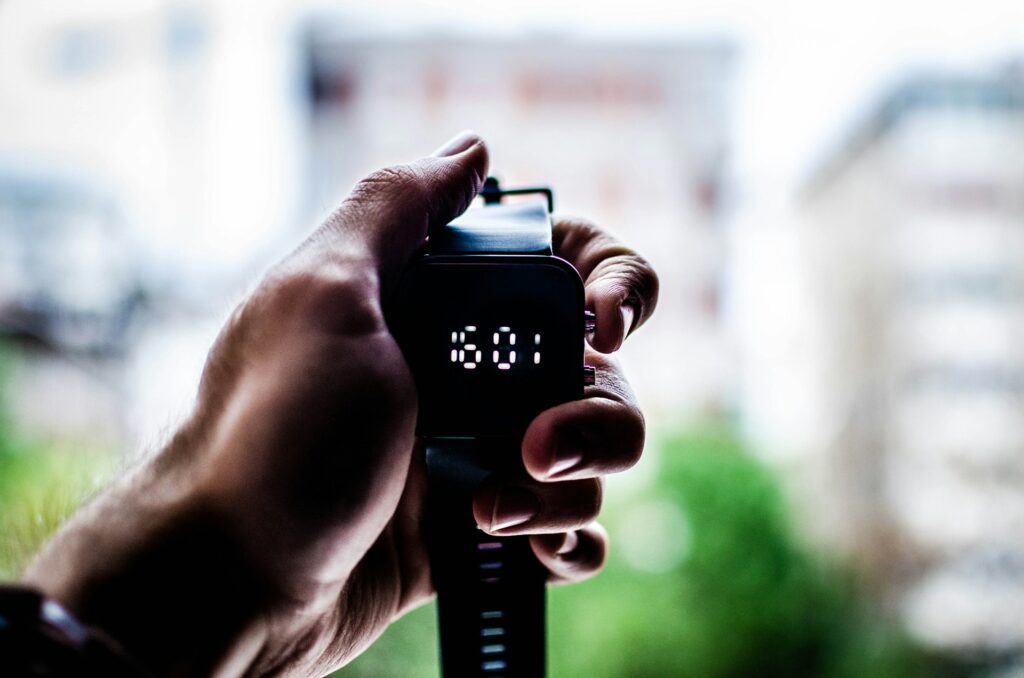Time is something we all experience, yet the way we perceive it can differ greatly from person to person. For introverts, time often feels like it flows differently compared to their extroverted counterparts. This perception can shape how they approach tasks, social interactions, and even downtime. Understanding the relationship between introversion and time perception not only helps introverts gain insight into their experiences but also sheds light on why they often prefer solitude over bustling social scenes.
Many introverts find themselves more attuned to the subtleties of time, whether it’s how long they can focus on a task or how much energy they have left for social engagements. This unique time sensitivity plays a role in their need for alone time and the way they manage their daily routines. But why does time seem to feel different for introverts, and how does this perception affect their lives?
Introverts and the Internal Focus on Time
One key reason time feels different for introverts is their heightened internal focus. Introverts tend to live more in their heads, engaging in deep thought and reflection. This internal focus means they’re more aware of the passage of time during quiet moments. While an extrovert may lose track of time in a stimulating environment, introverts often feel the minutes stretch out as they absorb and process their surroundings.

This introspection also makes introverts more conscious of how they spend their time. They may be less likely to engage in activities that feel like a waste of time because they value thoughtful, intentional use of it. For introverts, time spent alone is an opportunity for self-reflection, planning, and recharging ,activities that require quiet and focus. This makes their perception of time feel longer, as they carefully manage each moment.
Time and Energy Conservation in Social Situations
Social situations often drain introverts’ energy, which can also influence their perception of time. When they are in a group setting, introverts may feel time dragging as their energy depletes, creating the sense that events last much longer than they actually do. This perception is one reason introverts tend to seek shorter social interactions or prefer gatherings with close friends over large groups. For helpful strategies on balancing social interactions and alone time, check out this self-care guide for introverts.

In contrast, when introverts are alone or in a familiar, comfortable environment, time may seem to fly by. They can get lost in a book, hobby, or their own thoughts, where time is less of a concern. The difference in time perception during social versus solitary moments is linked to their energy conservation. The more energy introverts need to expend, the slower time seems to move, whereas in low-energy activities, time seems to flow freely.
Introverts and the Flow State
Many introverts are familiar with the concept of “flow,” a state in which they are fully immersed in an activity to the point where time seems irrelevant. Introverts tend to enter this flow state more easily during solitary or focused activities, like reading, writing, or creative projects. When in this state, hours can feel like minutes, as introverts lose themselves in the task at hand.
Flow is the process of achieving happiness through control over one’s inner life.
Mihaly Csikszentmihalyi

This flow state is one of the reasons introverts often prefer activities that require deep concentration and allow for uninterrupted focus. Whether it’s working on a passion project or simply engaging in a personal hobby, introverts experience time differently when they are fully absorbed in something they enjoy. In these moments, they become less aware of the passage of time and more connected to the present moment.
Why Social Events Feel Longer for Introverts
Social events can feel particularly lengthy for introverts due to the mental and emotional energy required to engage with others. Unlike extroverts, who often feel energized by social interactions, introverts may feel a sense of time dragging during long conversations or large gatherings. This sensation is tied to the overstimulation that introverts experience in busy environments.

As introverts process the sensory information around them ,such as loud sounds, multiple conversations, and visual distractions ,they become increasingly aware of the time they’ve spent in the setting. This heightened awareness can make social situations feel longer, as introverts find themselves checking the time more frequently or counting down until they can retreat to solitude.
The Impact of Alone Time on Time Perception
Alone time allows introverts to reset and recharge, which often alters their perception of time in a positive way. During these moments of solitude, introverts are free from external stimuli and can focus on internal thoughts or activities they enjoy. This makes time feel more expansive and under their control, as they aren’t bound by the pressure of social expectations or external demands.
I think a lot, but I don’t say much.
Anne Frank

In contrast, during overstimulating situations, time can feel like it’s slipping away too quickly. Introverts may experience time anxiety, where they feel they don’t have enough time to themselves or to focus on what truly matters to them. This is why alone time is so vital for introverts ,it helps them regain a sense of balance and control over how they spend their time.
Managing Time as an Introvert: Practical Tips
Given their unique relationship with time, introverts can benefit from strategies that help them manage their time more effectively. One helpful approach is to schedule regular breaks during social events, allowing for moments of solitude to recharge. By creating pockets of quiet time throughout the day, introverts can avoid feeling overwhelmed and keep their energy levels in check.

Another important tip for introverts is to prioritize activities that align with their values and interests. Instead of committing to events or tasks that feel draining, they can focus on what truly matters to them, making time feel more fulfilling. Introverts thrive when they have control over their schedule, so it’s important to create routines that allow for balance between socializing and solitude.
wrap-up: Embracing Time as an Introvert

Time feels different for introverts because of their deep internal focus, their need for energy conservation, and their preference for solitary activities. Whether they are navigating social events or enjoying alone time, introverts experience the flow of time in ways that reflect their unique personalities. By embracing their natural tendencies and finding ways to manage time effectively, introverts can lead balanced and fulfilling lives.
Understanding how time perception affects introverts also helps those around them respect their need for space and patience. By acknowledging these differences, we can create environments that allow everyone to thrive ,whether time feels fast, slow, or just right.
